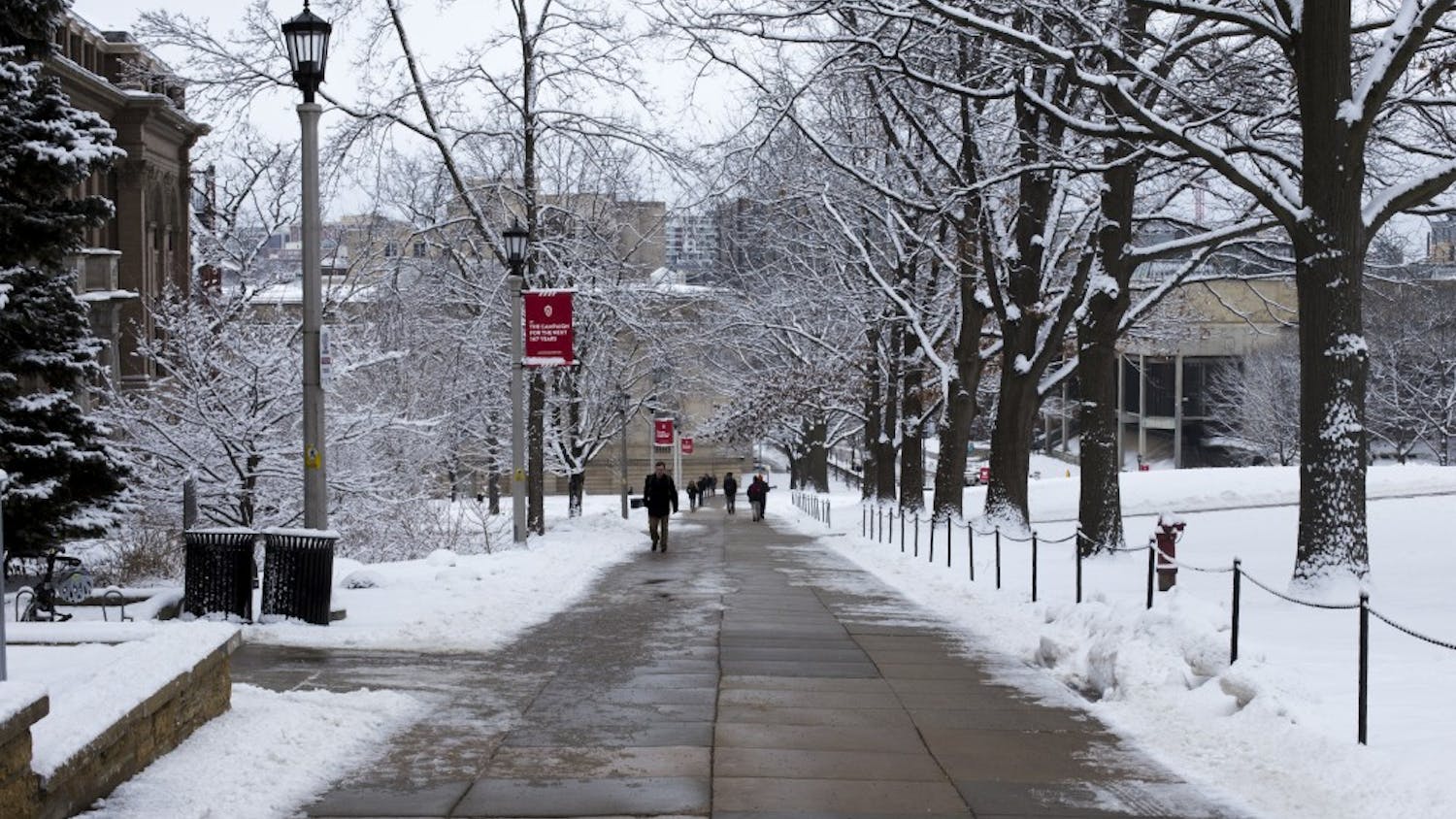Next week thousands of UW-Madison students will say goodbye to textbooks and tests for a week of spring break adventures in the United States and abroad. They will join virtual cities of fellow partiers, with tour operators expecting at least 50,000 in Acapulco and 100,000 in Canc??n over the next few weeks, as reported in the St. Louis Post-Dispatch. All those plane tickets, hotel rooms and Jell-O shots add up not only to good times, but also to big business for student travel agencies.
\This is definitely the most concentrated period of activity,"" said Deanna Schuppel, manager of the Memorial Union's STA Travel office.
Sarahjane Stevens, UW sophomore and an employee of the Wisconsin Union Travel Center, reported that ""generally [spring break] is one our biggest money makers."" This year, with spring break coinciding with the Easter holiday, business has been especially brisk.
Although spring break travel faced a downturn in 2002, due to a weak economy and the Sept. 11, 2001 attacks, business has steadily rebounded. The market continues, however, to be sensitive to political concerns. In Spring 2003, with war in Iraq imminent, most students decided to remain in the United States.
""2003 was the biggest I've ever seen to Florida,"" Schuppel said.
Now, with concerns over war and terrorism receding, Schuppel has observed vacationers returning to foreign destinations. This year Jamaica, Acapulco and the Bahamas top the list for UW-Madison students.
Pokermania, for example, has heightened the appeal of Las Vegas, which offers aspiring cardsharks the allure of a shorter, cheaper get-away. Schuppel estimates that three to four nights in Vegas cost around $500, compared to around $800 for a typical seven-night package in Mexico or the Caribbean.
Another emerging destination has been Western Europe, which STA began to promote in 2000.
""It's been building over the past few years ... [as] people realize they won't have the money to travel Europe over the summer,"" Schuppel said. By traveling over spring break, she noted, students could stay with friends who are studying abroad. Students can also save 50 percent over comparable summer flights, provided they book their ticket in January rather than waiting until March.
Although destinations have changed, the danger of fraud persists. Stevens mentioned one unscrupulous practice: forcing travelers at the airport to pay an undeclared $50 to $100 ""fuel surcharge"" before they can board their flights.
In order to avoid sticker shock, travelers should carefully consult the prices in promotional literature. As a rule, these prices exclude required taxes and fees.





